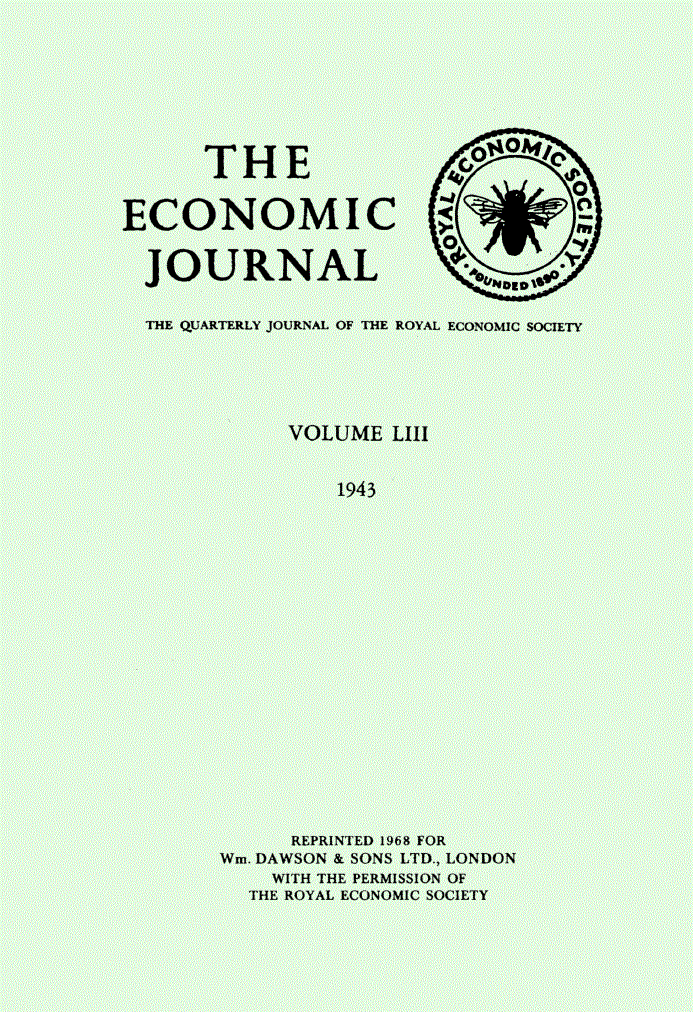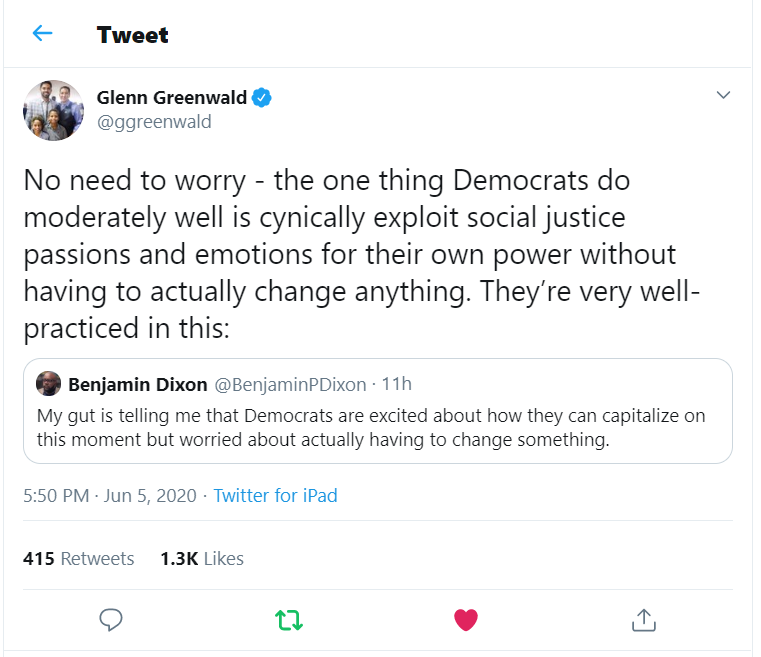I was checking this video by John Eatwell on Joan Robinson, in which he says that Joan Robinson had figured that the international economic system has a deflationary bias. He refers to her 1965 writing The New Mercantilism but I didn’t find her explicitly saying this.
@34:33 in the video, but rewind to your liking for the context.
However in an article The International Currency Proposals published in The Economic Journal, Vol. 53, No. 210/211 (Jun. – Sep., 1943), pp. 161-175, she is quite explicit on this:
The basic rule of the gold-standard game, or of any system of multilateral international trade with stable exchange rates, is that a country which has a favourable balance of trade on income account must lend abroad on long term at a more or less commensurate rate; alternatively, a country whose citizens and Government are not prepared to lend abroad must not have a surplus on income account. Any slight and temporary failure of trade balances and rates of lending to keep in step can be provided for by movements to and fro of gold and short-term funds, but a large and continuous disequilibrium puts a strain upon the system which it cannot bear.
In the text-book account of the gold standard, gold movements of themselves set in train a mechanism to restore equilibrium. If the surplus of exports of a country exceeds its surplus of lending, gold flows to it from the rest of the world. Consequently, according to the text-book account, prices in that country rise, while they fall in the rest of the world. Exports from the surplus country to the rest of the world are therefore reduced, and its imports from the rest of the world are increased, until its surplus and the world’s deficit are wiped out. Outside the text-books matters do not go so smoothly. First, the country receiving gold is under no necessity to check the inflow, while those who lose gold are under an obligation, so long as they struggle to maintain the gold standard, to check the outflow, and they must set about doing so the more quickly the smaller their reserves. Thus the mechanism is not symmetrical, but has an inherent bias towards deflation, which is the more severe the smaller is the amount of gold possessed by deficit countries. Secondly, a loss of gold does not lead automatically and directly, as in the text-books, to the fall of prices which is required to stimulate exports from a deficit country and foster its home production at the expense of imports. The process of adjustment is much more painful. To check the outflow of gold the authorities in a deficit country must restrict credit and encourage a fall in activity and incomes. This, indeed, reduces imports, but it reduces imports not only from the surplus country, but from others as well, so that countries formerly balanced are thrown into disequilibrium and have to join in the process of deflation. And it reduces not only imports, but also consumption of home-produced goods. The total loss of income is a large multiple of the reduction of imports which it is designed to bring about. If unemployment and business losses continue long enough to bring about a sufficient relative fall in money wages, relative costs are reduced, and the text-book story is completed. But meanwhile the surplus country is also suffering from unemployment through its loss of export markets. There is pressure there also to lower wages; and much else, including the gold standard itself, may give way under the strain long before equilibrium has been restored.
Of course, the discussion is on the Bretton-Woods system but the system of floating exchanges hasn’t led to a system where imbalances are resolved by market mechanism, so the problem still remains.
Also deflationary bias doesn’t mean that the world is always in deflation but that there is a bias and that it prevents economic activity to be far less than what it could have been and that economies are crisis-prone.






